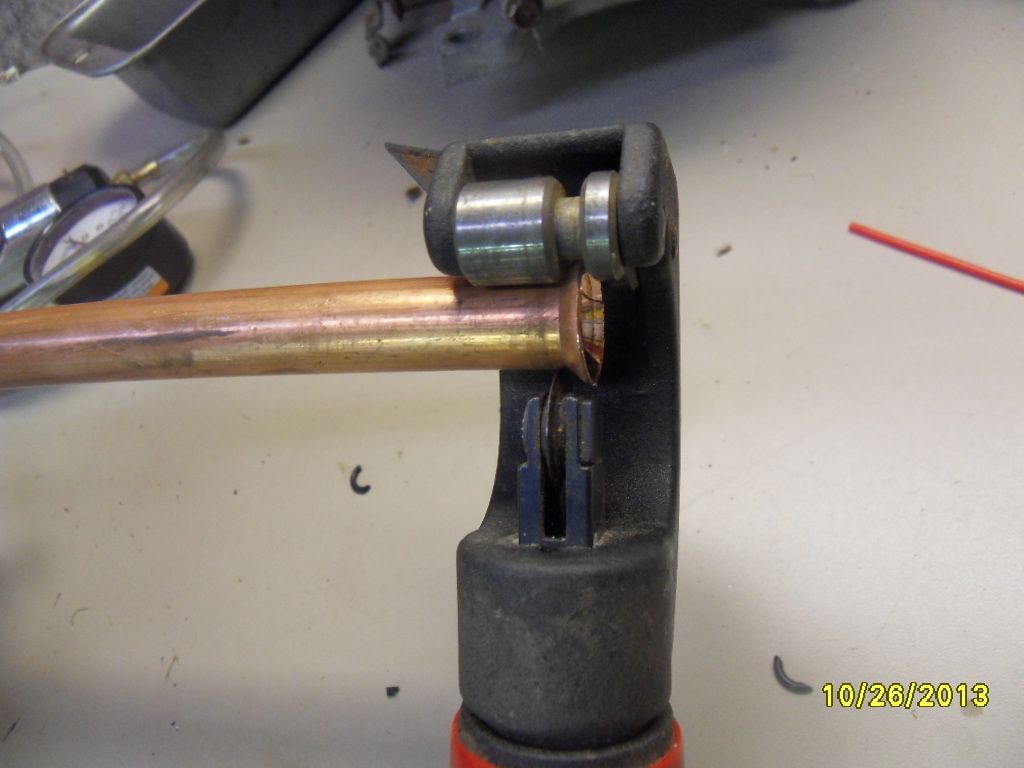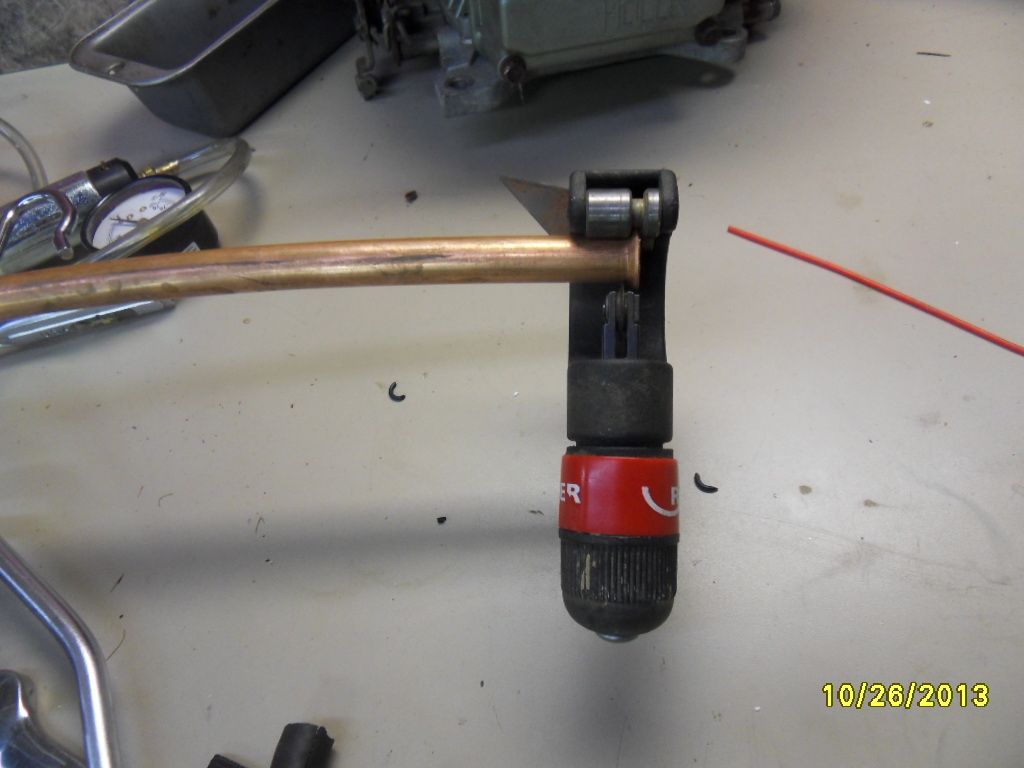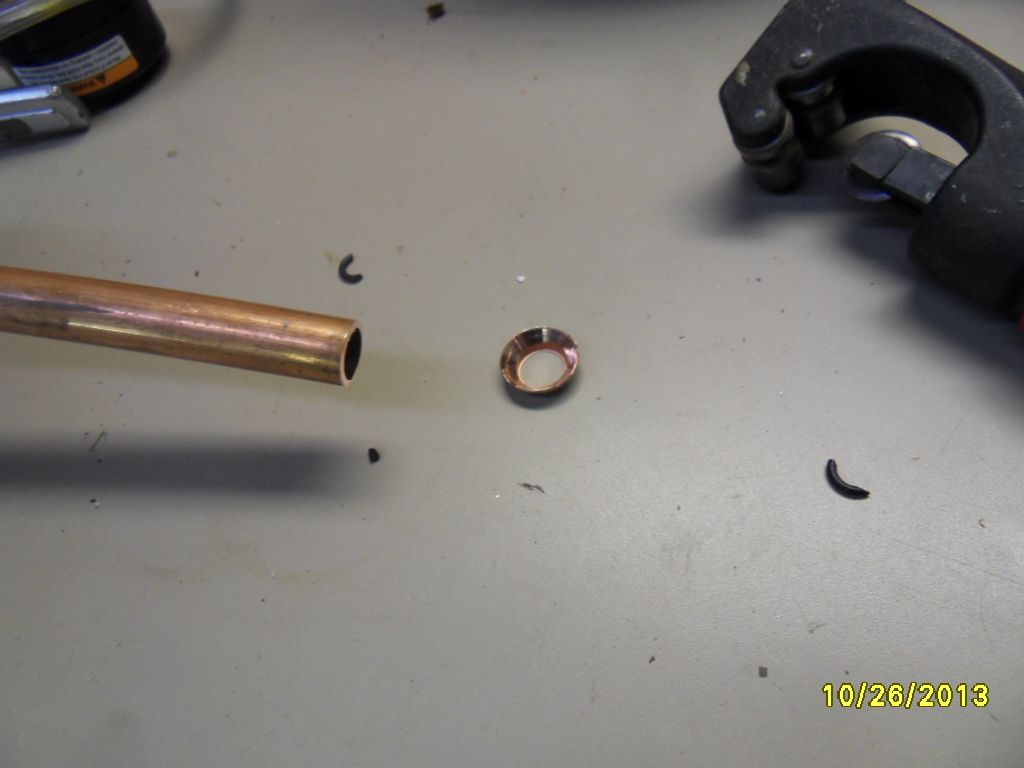I am well aware of the sealing mechanism of how flared fuel lines do their business.
Again I repeat that I have had circumstances where lubrication of threads(this is not exactly new science in automotive repairs,,,every Model T shade tree mechanic understood this) has not resolved a leak, where teflon tape has.
Have any of the experts considered the possibility that perhaps the teflon tape itself serves the purpose of lubrication of the threads more effectively than mere oil or grease that gets squished out of the threads because of the intense pressure generated per square inch as the fitting is increasingly tightened,,,,whereas the structure of the tape's chemistry maintains its lubricating capabilities no matter how much pressure is generated?
I thought not! I do not necessarily subscribe to my anecdotal guess on this,,,perhaps one of our members with expertise in this science might chime in.
I have already agreed that perhaps effectiveness of my fittings and/or line flares may be below perfection.
As an aside as a six pack owner,,,,I have several times referred to and read well the "white" paper on six pack tuning,,,,still does not make me an expert, just as I am not on Rochester fuel injections with which I am familiar,,,but have learned much of value,,,just as reading many great books on tennis or golf does not make us great players. However cannot remember ever reading a single one of those books where the reader was belittled as not ready to go on the tour because they are not as expert as the author.
Yea teflon tape provides lubrication and anti seize properties.
But like I said above it leaves many pieces of tape inside the fittings when removed and is not good to use around auto fuel systems.
And teflon tape in this case provides no lubrication between the sleeve nut and the back of the flare where it is needed most like pointed out above. Got to read what is posted.
Grease or oil has no harmful effects to the fuel system if it gets inside.
And yes tubing wrenches are used, didn't even think I had to point that out since it was posted above already.
I do not use copper flare washers but can understand how they might be beneficial in some cases. But they reduce the thread engagement if used and doubles the places for it to leak like pointed out above.
Type R copper would be best because it is thinner than type L soft copper tubing.
Would I buy them somewhere? No
This how you make them like what was said above. That groove in your tubing cutter is for cutting off the least amount of tubing if your tubing is flared already. Not really for making flare washers.


The only time I have put something between my flare fittings is a cone screen to protect against dirt, not to help seal it.


